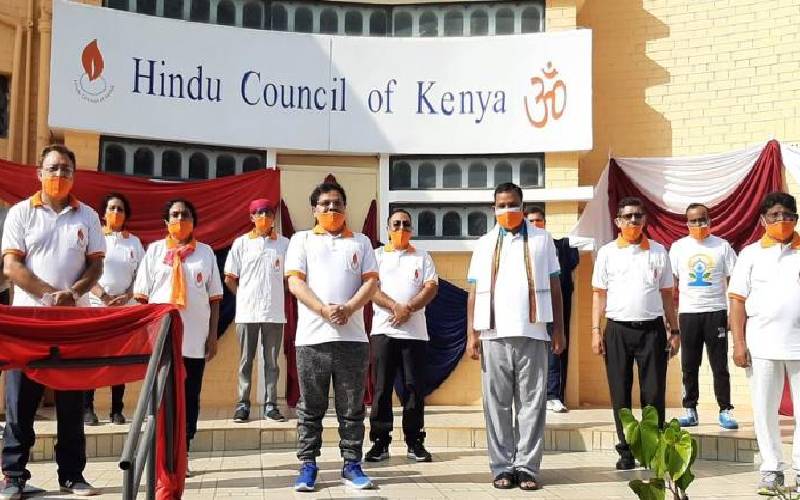×
The Standard e-Paper
Home To Bold Columnists

In a twist of events that should have left our heads spinning, the Asian community was declared the country's 44th tribe through a Kenya Gazette notice on July 21, 2017. Anthropologists should have talked about it, but they did not.
One entrepreneur along Lower Kabete Road has even named his business premises Tribe 44. What inspired this interesting decision?